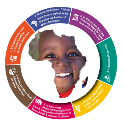ABOUT HYDROPONICS - Africa House
Main menu:
ABOUT HYDROPONICS
HYDROPONICS
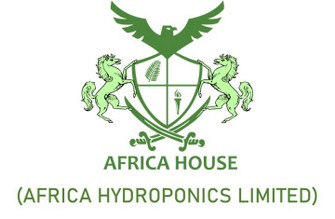
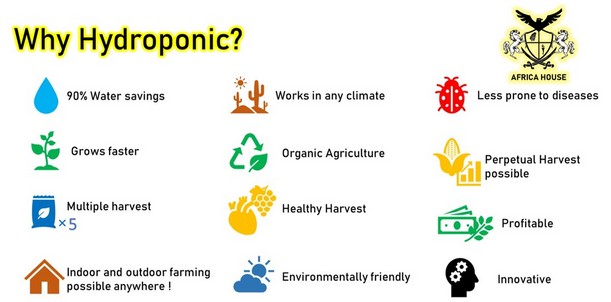
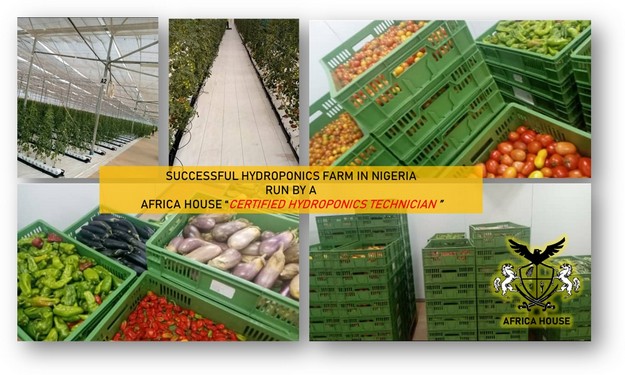
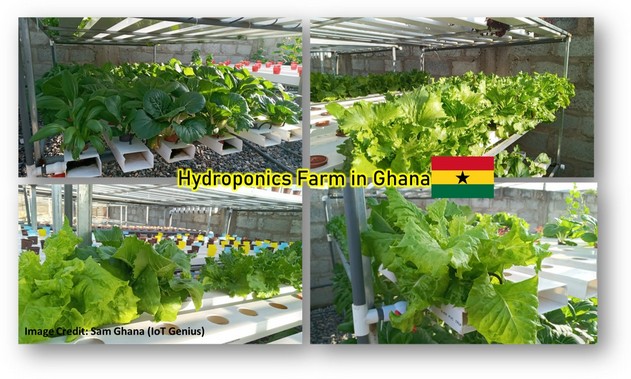
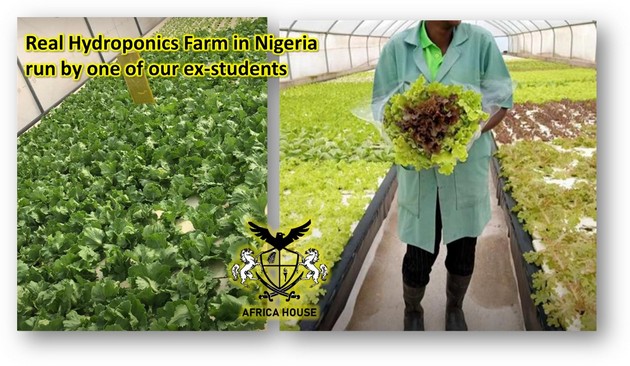
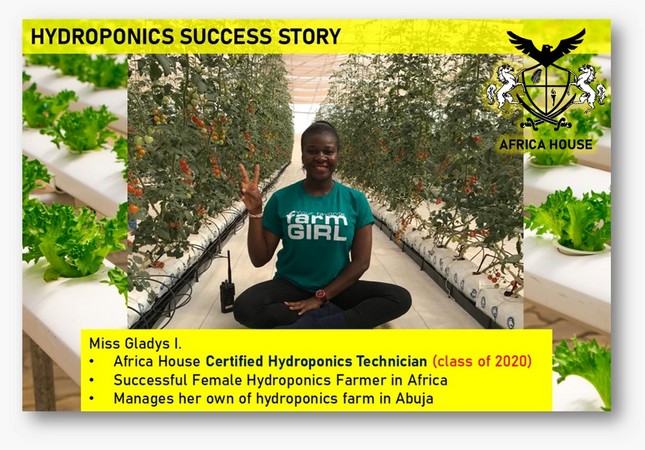
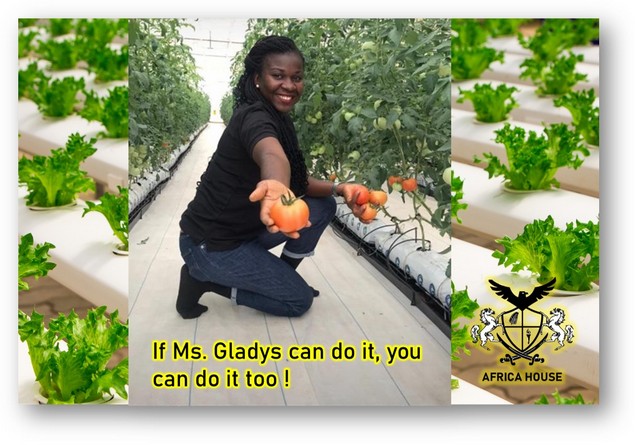
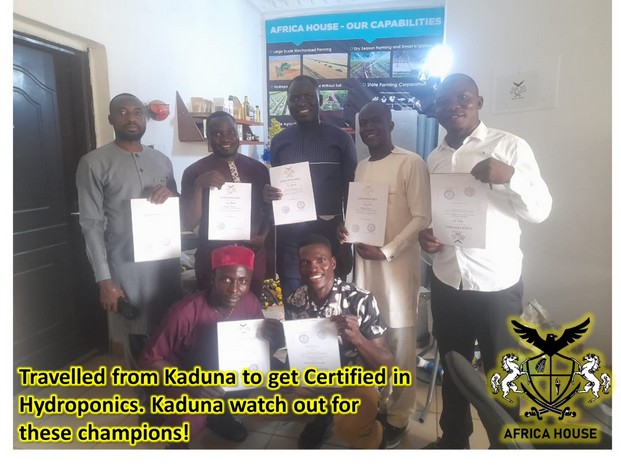
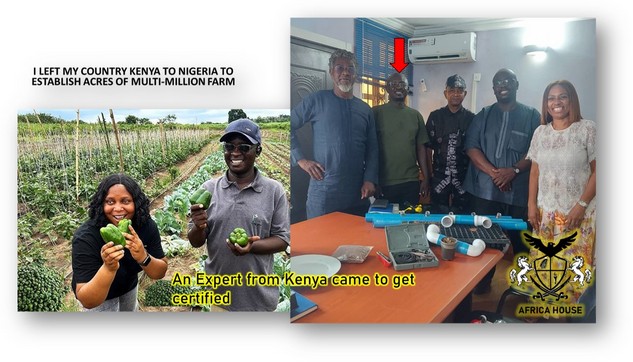
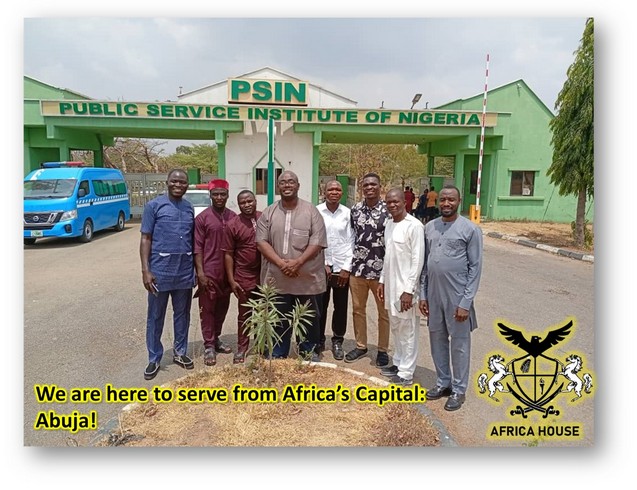
What
is Hydroponics?
Hydroponics is a modern and soil-less way of growing plants using just water, nutrients, and a growing medium like cocopeat or rockwool. Instead of planting crops in the soil, hydroponics provides plants with all the nutrients they need directly through water, making the process faster, cleaner, and more efficient.
Is it Organic and Safe?
Yes! Hydroponic farming can be 100% organic and very safe for human consumption. Since there's no soil, there’s no need for harmful herbicides or weeding chemicals. Farmers can use organic nutrients, and because the environment is controlled, crops are cleaner, fresher, and grown without toxic sprays.
Why Go into Hydroponics?
Hydroponics is a modern and soil-less way of growing plants using just water, nutrients, and a growing medium like cocopeat or rockwool. Instead of planting crops in the soil, hydroponics provides plants with all the nutrients they need directly through water, making the process faster, cleaner, and more efficient.
Is it Organic and Safe?
Yes! Hydroponic farming can be 100% organic and very safe for human consumption. Since there's no soil, there’s no need for harmful herbicides or weeding chemicals. Farmers can use organic nutrients, and because the environment is controlled, crops are cleaner, fresher, and grown without toxic sprays.
Why Go into Hydroponics?
- You can grow food anywhere — even in cities, backyards, or indoors.
- It uses 90% less water than traditional farming.
- You can harvest vegetables like lettuce, spinach, tomatoes, and strawberries in
half the time.
- It protects your crops from soil-borne diseases and pests.
- You can grow all year round, regardless of the season.
Potential
Profits in Naira
Hydroponics can be very profitable. For example:
Hydroponics can be very profitable. For example:
- A small 10-square-meter hydroponic setup can yield up to ₦80,000–₦150,000
monthly, growing vegetables like lettuce or ugu.
- Larger systems (backyard greenhouse or container farms) can earn over ₦500,000
per harvest, depending on what you grow and your market.
Addressing
Farmer-Herder Clashes in Africa
One of the biggest challenges in Africa's agriculture today is land conflict between farmers and herders. Hydroponics removes the need for large farmlands, making it an ideal solution for:
One of the biggest challenges in Africa's agriculture today is land conflict between farmers and herders. Hydroponics removes the need for large farmlands, making it an ideal solution for:
- Displaced farmers
- Urban youth
- IDP camps
- Schools and homes with limited space
Hydroponics
allows food to be grown vertically, indoors, and in confined areas, helping
reduce the pressure on land, promote peace, and ensure food security.
Hydroponics
is not just farming—it’s farming smarter, safer, and more profitably. It’s time
to farm without fear, and feed Africa sustainably.
HOME | ABOUT US | WHY AFRICA ? | EVENTS | MEDIA | PROGRAMS | HYDROPONICS | BUSINESSES | CONTACTS | General Site Map


